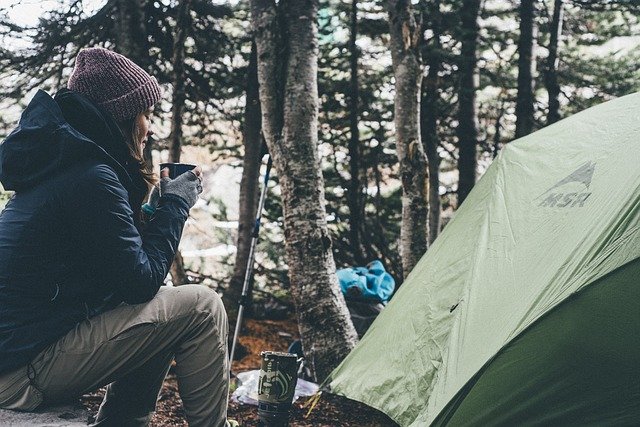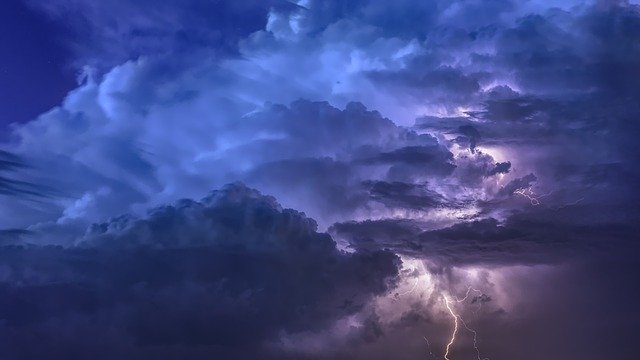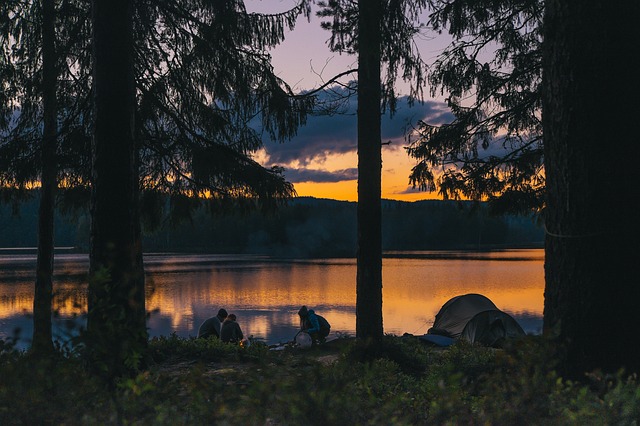
Camping is an affordable way to have a holiday, and in this current pandemic situation where summer staycations are going to become the norm, camping is also the best way to escape from the homes that we have been rooted in for the last few months.
If you do decide to go camping, it’s important to put safety first. This is especially important in this current situation, but if you’re reading this when the pandemic is over, it is still something you should keep in mind before going away.
When putting safety first, these are some of the things you need to consider.
#1: Choose your camping site carefully
With reference to the pandemic (the last time we will mention it), you should make sure that a camping trip is allowed in your state. If it is, you should then choose your campsite carefully. Find a place that is relatively free of other people if possible or choose a campsite that is big enough to give you and your family plenty of personal space away from others.
And no matter when you go camping, remember to pitch your tent somewhere safe, especially if you are going off-grid and away from public camping grounds. You don’t want to run the risk of bears, snakes, and other dangerous wildlife creatures. So, do your research beforehand.
#2: Check weather reports

The last thing you want when you’re camping is a deluge of rain causing a flood or a tornado blowing your tent to lands beyond Oz (the fictional place, not Australia), so check weather reports before you leave. It might be best to delay your trip if you discover weather conditions could be hazardous.
#3: Prepare for hot weather
Assuming you are going to be blessed with hot weather, remember to take the necessary precautions. Pack plenty of sunscreens before you go, stock up on bottles of water, and for shelter purposes, consider purchasing a camping gazebo. You might want to pitch your tent in a shaded area too, and you should bring long-sleeved clothing and sun hats to further protect your body from the blistering UV rays of the sun.
#4: Protect yourself from insects

While you should be able to avoid areas that are free of bears and snakes, you might still fall victim to ticks, mosquitos, and other insects. So, remember to bring plenty of insect repellent with you, as you will regret it if you don’t, as you might end up with more than a few bites on your trip. Again, remember to bring long-sleeved clothing, as this will act as further protection from bugs and beasties. And learn how to remove ticks safely, as if you do wake up to find one sucking on your blood, you will need to pluck it out as soon as possible before an infection sets in.
#5: Bring a first-aid kit
A first-aid kit is a must for any camping trip, so don’t forget to pack one. Especially when the road to medical assistance is a long one, the kit could be a lifesaver if you injure yourself or start to feel unwell. While most first-aid kits are fully stocked at purchase, you might still want to add a few extra items if they are missing. Check out this checklist for guidance, and buy what you need before you go away.
Camping trips can be a lot of fun, but that fun will be muted if a safety issue arises. Follow our tips then, and enjoy your time away within nature’s scenery.
**Post contributed by Ross Smith, a U.K. based travel writer and lover of the outdoors**




